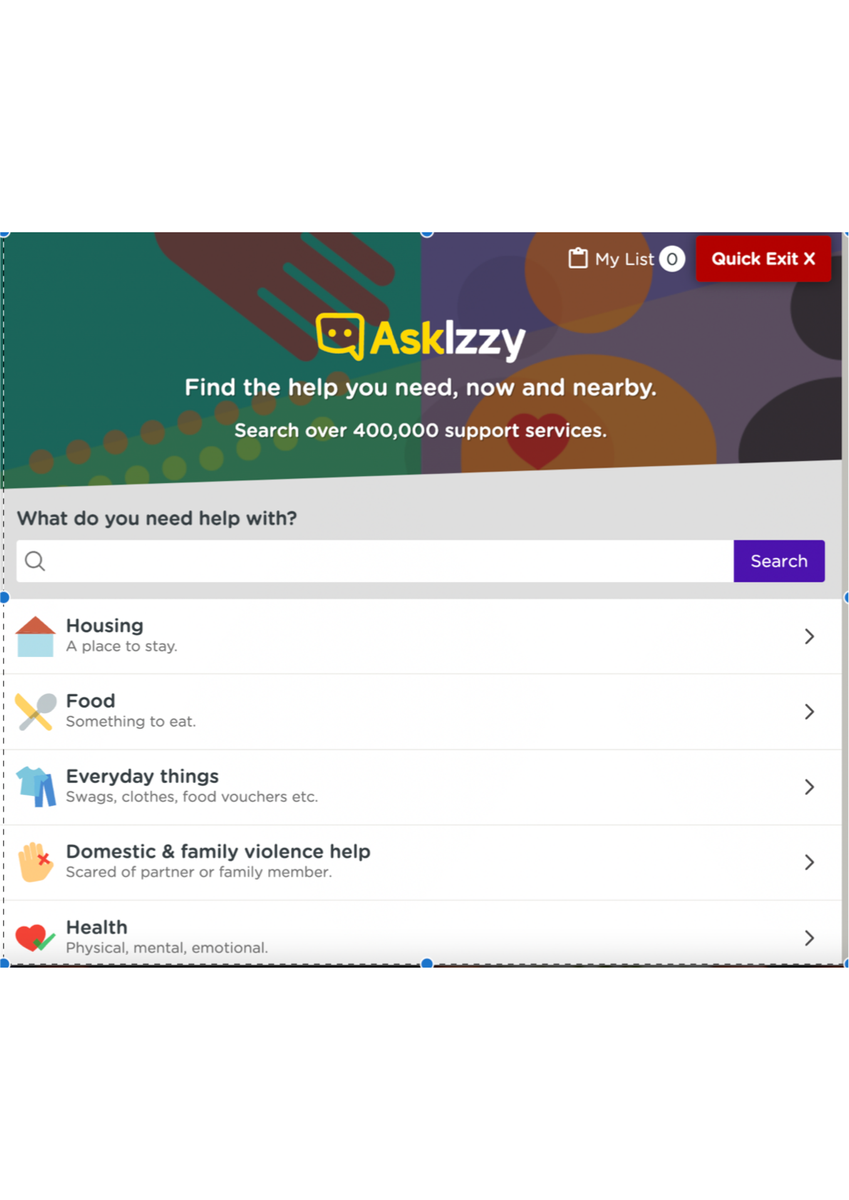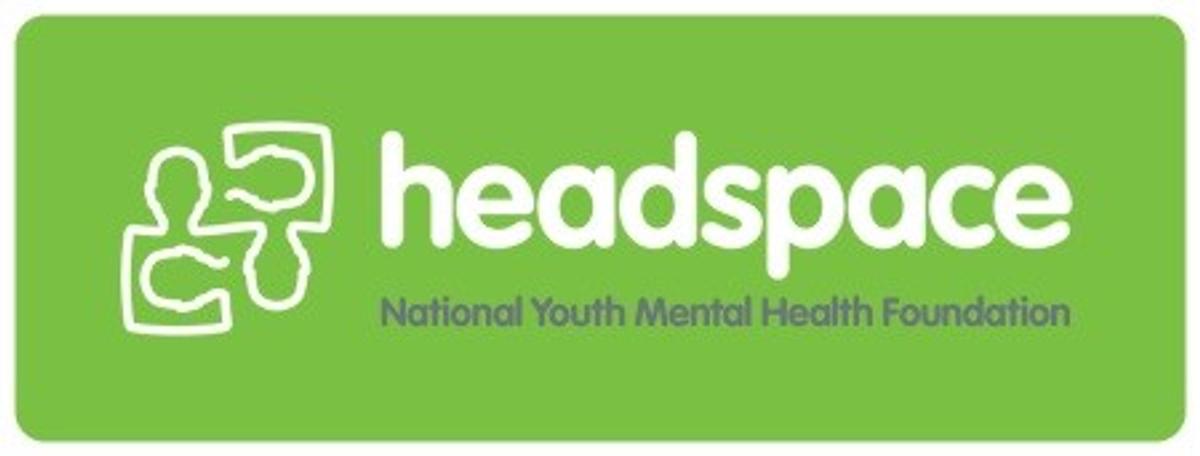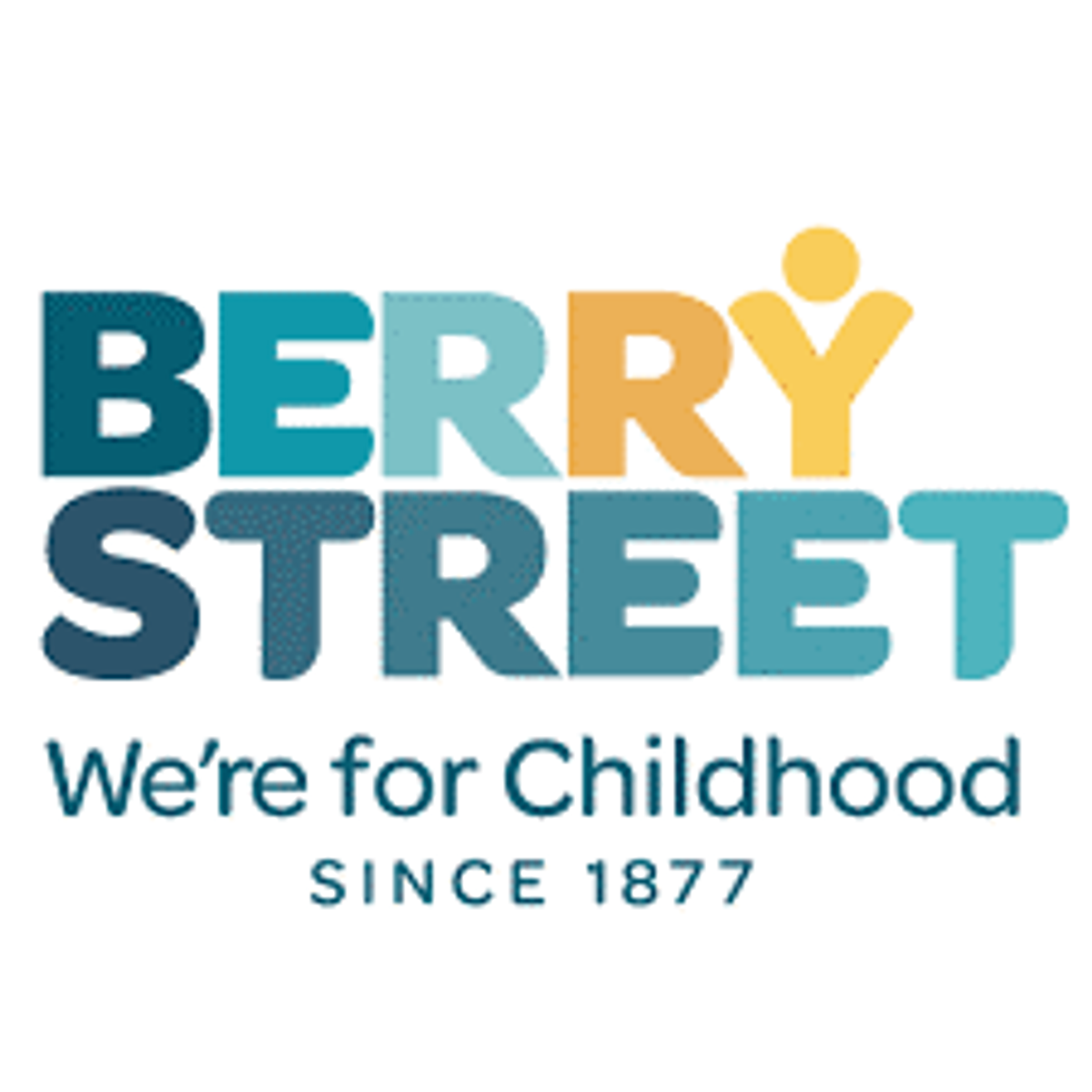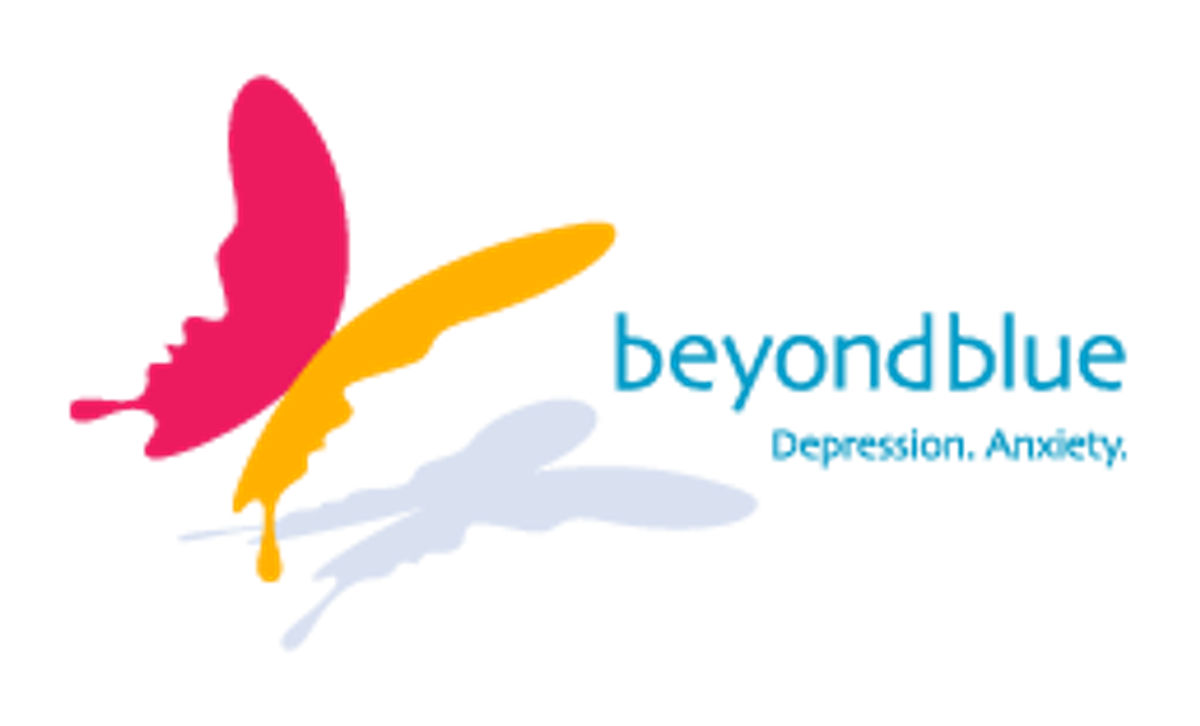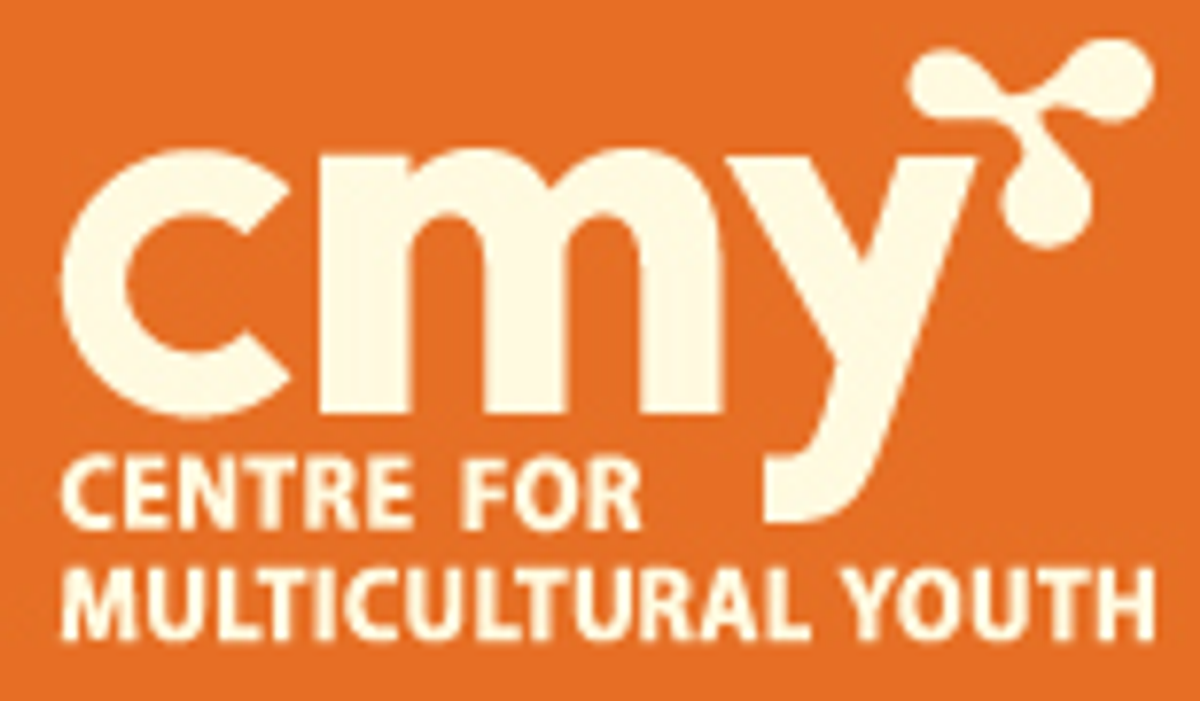WELLBEING
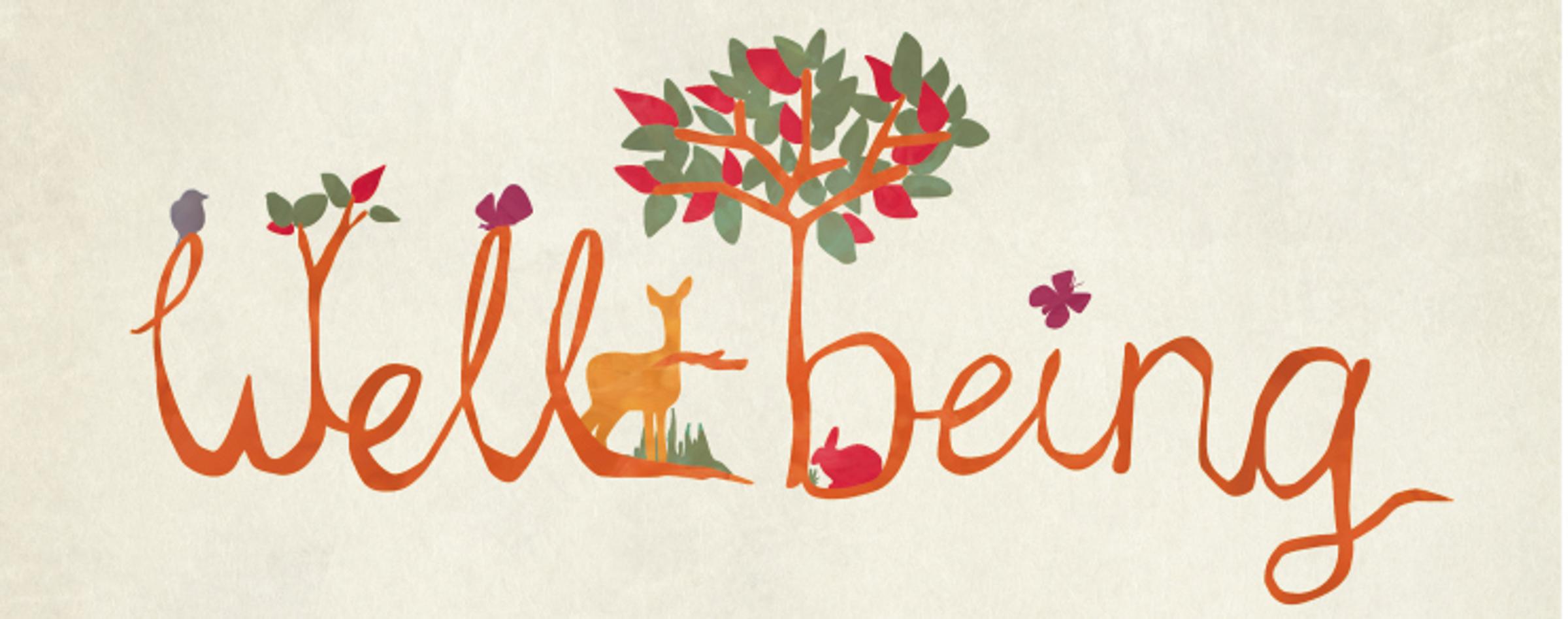
The Student Wellbeing Team
School Holiday Supports
On behalf of the wellbeing team, I would like that congratulate everyone in their efforts this year!
While we won’t be available over the school holidays, there are still several services you can access if you need support. The Wellbeing Team will return on the first day of Term 1.
Please take care and enjoy your well earnt break!
- Keep up routines. Enjoy a bit of a sleep-in but set a regular wake up time. Will make your days feel more productive, and makes getting back into school routines for next year easier.
- Keep up/get back into your hobbies. Especially for the year 10’s, make sure you’re taking the time to do something you enjoy. Set a challenge for yourself (e.g. finish that book you’ve been meaning to read, start a project/hobby you’ve been thinking about.
- Set small goals for yourself. Could just be to go for a walk each day, but it can do wonders for how you’re traveling over the break.
- Support your friends. You’re completely get you’re likely to turn to each other for support before approaching an adult. Actively reach out to each other. If you haven’t heard from a mate in a few days, just send a text checking in. There are some tips on supporting friends on the Headspace website.
- If you do become worried about a friend, please let an adult know. If you think a friend might be in danger, please call 000. Your friend might not be happy that you’ve done that, but better an angry friend than one that’s in danger.
- Reach out to support through your GP or Headspace. Reach out to your safe adults. This might be parents, uncles, aunties, or family friends.
- Can contact Kidshelpline on 1800 55 1800. This is a free, confidential (with limits) counselling service. It operates 24/7
The Student Wellbeing Team
Kathryn Feil (School Counsellor)
Josh Whelan (Student Wellbeing Coordinator)
Linh Tran (Social Worker)
Michele Waters (Mental Health Practitioner)
Tess Hodgins-Parry (Secondary School Nurse)
Hussein Ibrahim (Cultural Liaison Officer)
Hassen Mohamed-Saeed (Cultural Liaison Officer)
Badria Mustafa (Cultural Liaison Officer)
Learning about feelings
As children grow and experience new things, they also begin to experience lots of different emotions. It can be hard for all children to cope with emotions sometimes. One of the reasons for this is that they might not know how to explain what they are feeling. One way to help them is to label what they are feeling. This is known as developing their ‘emotional vocabulary’. If you see that your child is very excited, you can say something as simple as “I can see that you’re feeling excited”. If they are feeling angry, you can also say “I can see that you’re feeling angry”. You can apply this to all feelings. Once children learn what they are feeling, it can make it easier for them to talk about it and regulate themselves.
Joshua Whelan
Student Wellbeing Coordinator
Tuning in to Teens® (TinT)
Emotionally Intelligent Parenting of children aged 10 - 15 years
Would you like to learn how to:
· better understand and help your child navigate this important developmental phase
· strengthen your relationship with your child
· coach your child to manage strong emotions like worry, anger and sadness
· build your child’s problem solving, conflict resolution, and resilience skills
· help your child develop healthy friendships.
The Tuning In programs show you how to help your child develop emotional intelligence.
Children with higher emotional intelligence:
· have greater success with making and keeping friends
· have better concentration at school
· are more able to calm down when upset or angry
· tend to have fewer childhood illnesses
Emotional intelligence may be a better predictor of academic and career success than IQ!
Yarra Family Services are taking expressions of interest to attend future programs for parents and carers!
For upcoming session information and to register your interest, please email our team at familyprograms@yarracity.vic.gov.au
Sleep
Sleep is important for the health of our body and mind. Lack of sleep can cause fatigue, poor concentration, and mood changes.
Sleep Hygiene:
Sleep hygiene means habits that help you to have a good night’s sleep. Common sleeping problems such as insomnia are often caused by bad habits reinforces over many years or even decades. You can dramatically improve your sleep quality by making a few minor adjustments to lifestyle and attitude.
Sleep-Wake Cycle of sleep:
The body’s alternating sleep-wake cycle is controlled by an internal ‘clock’ within the brain. Most bodily processes (such as temperature and brain states) are synchronised to this 24-hour physiological clock. Getting a good sleep means working with your body clock, not against it. Suggestions include:
- Get up at the same time every day. Soon this strict routine will help to ‘set’ your body clock and you’ll find yourself getting sleepy at about the same time every night.
- Don’t ignore tiredness. Go to bed when your body tells you it’s ready.
- Don’t go to bed if you don’t feel tired. You will only reinforce bad habits such as lying awake.
- Get enough early morning sunshine. Exposure to light during early waking hours helps to set your body clock.
How much sleep do you need?
Age: | Hours per night: |
5 – 13 years | 10 – 12 hours |
14 – 17 years | 8 - 10 hours |
Adults | 7 – 9 hours |
General suggestions to improve sleep:
Good sleep is more likely if your bedroom feels restful and comfortable. Suggestions include:
- Invest in a mattress that is neither too hard nor too soft.
- Make sure the room is at the right temperature.
- Ensure the room is dark enough.
- Exercise every day, but not close to bedtime and try not to overheat yourself – your body needs time to wind down.
- Try not to engage in mentally stimulating activities close to bedtime. Use the last hour or so before sleep to relax your mind. Turn of the TV, phone, laptop at least 30-60mins before bed.
- Don’t take afternoon naps.
- Avoid caffeinated drinks (like tea, coffee, cola or chocolate) close to bedtime. Instead, have a warm, milky drink, since milk contains a sleep-enhancing amino acid.
- Take a warm bath.
- Turn your alarm clock to the wall. Watching the minutes tick by is a sure way to keep yourself awake.
- If you can’t fall asleep within a reasonable amount of time, get out of bed and do something else for half an hour or so, such as reading a book.
- If you have tried and failed to improve your sleep, you may like to consider professional help. See your doctor for information and referral.
References and further information: https://www.betterhealth.vic.gov.au/health/ConditionsAndTreatments/sleep-hygiene
https://www.sleephealthfoundation.org.au
Kind Regards
Joshua Whelan
Student Wellbeing Coordinator
Mindfulness Exercise (Grounding)
Stress and anxiety are often big obstacles for our kids in managing everyday life (including school). Teaching your children useful stress management strategies is important to ensure that they are able to enjoy school as much as possible. This grounding technique is designed to ease your child’s state of mind at the start of the day, so that they can get through stressful or anxiety provoking moments. Our aim with this is to use the five senses to focus on the here and now, and move on from anxious thoughts that might be getting in the way. It’s helpful to join in with your children, when guiding them through this exercise.
5: Ask your child to name five things they can see. This might be objects in the room, trees outside the window, or family photos in the background.
4: Ask your child to name four things they can feel. This might be the ground beneath their feet, the chair they are sitting on, or even the clothes they are wearing
3. Ask your child to name three things they can hear. Focus on external noises. This might be the humming of a heater, cars outside, or even a clock ticking in the background.
2. Ask your child to name two things they can smell. This might be a little more difficult, but don’t give up. Get them to focus on small things, like the smell of food cooking in the background or the smell of grass in spring.
1. Ask your child to name one thing they can taste. It doesn’t have to be food, it could be the toothpaste you used in the morning, or the cereal you had for breakfast.
Ask your child to take a deep breath and finish the exercise
School Holiday Supports
While the wellbeing team won’t be available over the school holidays, there are still
several services you can access over the school holidays if you need support.
Kidshelpline – 1800 55 1800
A free telephone counselling service for young people aged between 5 and 25 years.
Lifeline – 13 11 14
Free, 24/7 crisis support service that anyone can access.
Headspace Collingwood – 9417 3279
Free mental health support service for young people aged 12-25. They also offer a GP service as well as a range of youth focused programs and activities. They are open Monday to Friday 10am – 6pm.
Smiling Mind - smilingmind.com.au/smiling-mind-app
Smiling Mind is a free mindfulness app that has been developed by educations and psychologists.
This app comes highly recommended by the wellbeing team! Use this for at least 10 minutes a day for the best results.
Your GP
Your family GP will be able to support you on accessing the support you need.
SEXTING
Not sure what this is? Here is some information from the governments e-safety site https://www.esafety.gov.au/esafety-information/esafety-issues/sexting
FREE ASTHMA EDUCATION FOR CHILDREN & THEIR FAMILIES AT COHEALTH
The Community Asthma Program provides free asthma education and support for children (under 18) with asthma and their families. In Melbourne’s inner North and Western suburbs
An asthma educator works with children and their families to:
- understand asthma, its signs and severity
- identify triggers and learn how to control them
- understand their medications and administer them correctly
- develop a written asthma action plan
- learn asthma first aid
The program is tailored to the individual child and family The Community Asthma educators are able to see children and parents/ carers at one of the many Cohealth sites or at home. The CAP educators are also able to visit schools, kindergartens and child care centres to educate staff to support the child.
To refer, fill out the attached referral or please contacts:
9448 6825 or CAP@cohealth.org.au
Ask Izzy - Links to Support Services
Ask Izzy is a website that provides families, students and teachers links to support services that offer assistance in a wide range of things such as housing, food, health, money, counselling, etc.
CYBERPARENT - INTERNET SAFETY
Australian Multicultural Foundation (AMF) product called CyberParent which is an interactive learning tool that aims to teach parents and families about how to use the internet safely. The app was launched in 17 different languages and AMF has received overwhelmingly positive responses from the community. Since then, AMF has developed a downloadable version of CyberParent, which has just been released on the Apple App Store.
CyberParent is available in 17 different languages, which can be found in different language packs on the App Store. This includes:
Central Asia:
- Dari | دری
- Farsi | فارسی
- Pashto | افغانی
- Urdu | اُردُو
CyberParent is available to download from the App Store today! Click below to download now:
https://itunes.apple.com/au/app/cyberparent/id1315897505?mt=8
HEALTH AND WELLBEING LINKS
As Australia’s largest national education-oriented charity, we support disadvantaged Australian children to participate fully in their education, giving them the best chance at breaking the cycle of disadvantage. Our learning support and mentoring programs help children in need to fit in at school, keep up with their peers, and build aspirations for a better future for them. The smith Family can provide financial support for families and children in need to assist them through school and education.
To get in touch with the Smith Family go to: https://www.thesmithfamily.com.au/contact-us
Or call them on; 1300 326 459
Headspace is the National Youth Mental Health Foundation providing early intervention mental health services to 12-25 year olds, along with assistance in promoting young peoples’ wellbeing. This covers four core areas: mental health, physical health, work and study support and alcohol and other drug services.
Information and services for young people, their families and friends as well as health professionals can be accessed through this website; www.headspace.org.au , headspace centres, online counselling service eheadspace, and postvention suicide support program headspace School Support.
Ph: 1800 650 890.
Since 1877, Berry Street has chosen to work with children, young people and families, with the most challenging and complex needs, including those for whom we are often the last resort. Last year, we helped over 18,000 of the most disadvantaged children, young people and families across our community.
We believe all children should have a good childhood, growing up feeling safe, nurtured and with hope for the future.
Services include; Family services (ChildFirst), Education and training, Family violence, Foster and Kinship care, residential care and youth services.
To contact Berry Street go to their website http://www.berrystreet.org.au/ or call them on; 9429 9266
3 million Australians are living with depression or anxiety
Beyondblue provides information and support to help everyone in Australia achieve their best possible mental health, whatever their age and wherever they live.
Beyondblue has a 24hour helpline 1300 22 4636 and their website is https://www.beyondblue.org.au/
The Centre for Multicultural Youth is a Victorian not-for-profit organisation supporting young people from migrant and refugee backgrounds to build better lives in Australia.
Their purpose is to ensure that young people have every opportunity to succeed in Australia. Through a combination of specialist support services, training and consultancy, knowledge sharing and advocacy, we are working to remove the barriers young people face as they make Australia their home
Link: https://www.cmy.net.au/

